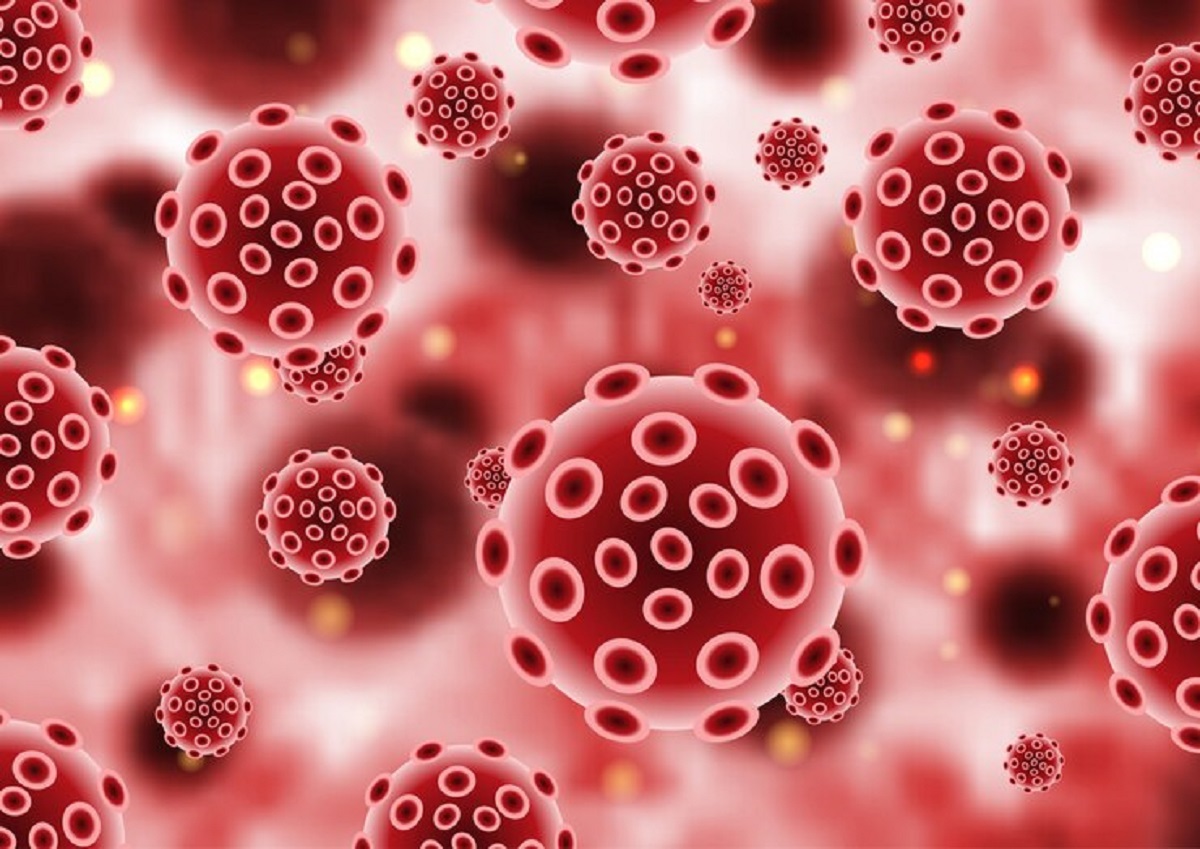KEY TAKEAWAYS
- The NATALEE phase III trial aimed to evaluate iDFS benefit in stage II/III HR+/HER2− early BC patients by adding RIB to the adjuvant NSAI.
- The primary endpoint was to determine iDFS.
- Addition of RIB to adjuvant NSAI provides significant and continued iDFS improvement, with a manageable toxicity profile, supporting its efficacy in early BC treatment.
In the phase 3 NATALEE trial interim results, the addition of ribociclib (RIB) to standard-of-care (SOC) adjuvant nonsteroidal aromatase inhibitor (NSAI) showed a statistically significant invasive disease-free survival (iDFS) benefit in stage II and III HR+/HER2− early breast cancer (BC) patients at risk of recurrence, including those with node-negative disease (Slamon et al., ASCO 2023).
Gabriel N. Hortobagyi and his team conducted the study aiming to present the conclusive protocol-driven analysis for the primary endpoint, iDFS, based on the final analysis of the NATALEE trial.
About 5101 pre-/postmenopausal women and men underwent 1:1 randomization to receive RIB (400 mg/day; 3 weeks on/1 week off for 36 months) + NSAI (letrozole 2.5 mg/day or anastrozole 1 mg/day for ≥60 months) or NSAI alone, with goserelin for men and premenopausal women. Eligible patients had AJCC 8th edition stage IIA (either N0 with additional risk factors or N1), IIB, or III BC.
The primary endpoint was iDFS according to STEEP v1.0 criteria. Secondary endpoints included recurrence-free survival (RFS), distant disease-free survival (DDFS), and overall survival (OS). This final analysis, triggered after approximately 500 iDFS events, assessed outcomes using the Kaplan-Meier method and a stratified log-rank test without correction for multiple comparisons.
In the RIB + NSAI arm (2549 patients), 42.8% completed 3 years of RIB treatment, 35.5% discontinued early, and 20.7% remained on RIB. In the NSAI arm (1748 patients), 68.5% continued treatment. With a median iDFS follow-up of 33.3 months (additional 5.6 months from the previous interim analysis), 509 iDFS events occurred, with RIB + NSAI showing a significant benefit over NSAI alone (HR, 0.749; 95% CI, 0.628-0.892; P=.0006). The 3-year iDFS rates were 90.7% vs 87.6%. Consistent benefits were observed.
At 3 years, iDFS rates were 90.7% (95% CI, 89.3%-91.8%) with RIB + NSAI vs 87.6% (95% CI, 86.1%-88.9%) with NSAI alone, demonstrating consistent benefits across patient subgroups, including node-negative, stage II, or stage III disease. Secondary endpoints (DDFS, RFS) favored RIB + NSAI. OS data were immature, with 84 (3.3%) and 88 (3.4%) total events in the RIB + NSAI and NSAI alone arms, respectively. No new safety signals were observed since the prior interim analysis. Discontinuation of RIB due to adverse events (AEs) was observed in 19.5% of patients, a <1% increase from the prior interim analysis.
The study showed notable iDFS improvement with 3 years of RIB + NSAI compared to NSAI alone, sustaining benefits across subgroups, including stage II, and reinforcing the manageable safety profile of RIB at the 400-mg starting dose in early BC. Research was sponsored by Novartis Pharmaceuticals.
Source: https://atgproductions.net/atgclients/sabcs/2023_SABCS_Abstract_Report-12-1-23_Compressed.pdf
Clinical Trial: https://clinicaltrials.gov/study/NCT03701334
Hortobagyi G, Stroyakovsky D, Yardley D, et al. (2023) ‘’Ribociclib (RIB) + nonsteroidal aromatase inhibitor (NSAI) as adjuvant treatment in patients with HR+/HER2− early breast cancer: final invasive disease–free survival (iDFS) analysis from the NATALEE trial.’’ Presented at SABCS 2023 (GS03-03).



